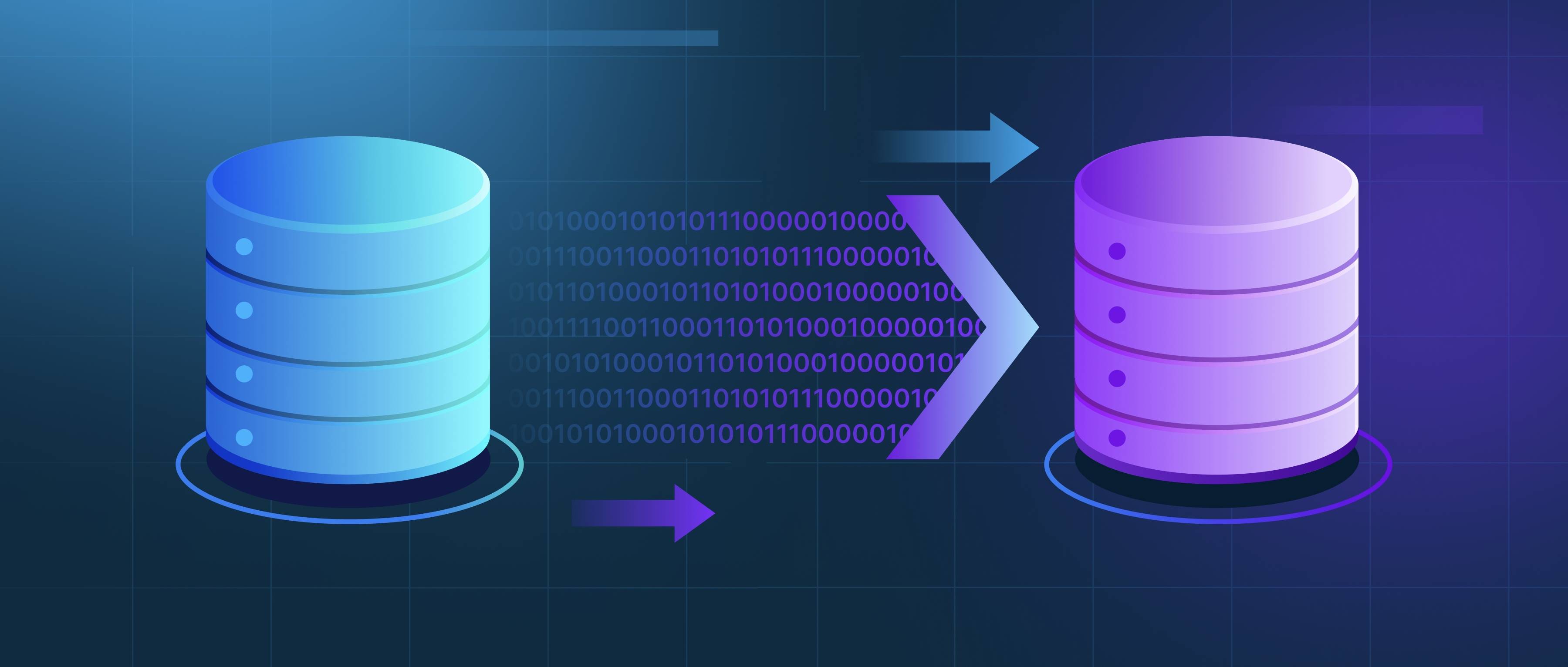Quantum computers face significant challenges related to qubit fidelity and noise, primarily affecting their performance and reliability. Qubits, the basic units of quantum information, are highly sensitive to their environment. This makes it difficult for them to maintain a coherent quantum state. When a qubit interacts with its surroundings, it can undergo unwanted changes, leading to errors in calculations. High fidelity in qubit operations means that the qubit states are accurate and reliable during processing, but maintaining this fidelity is a major hurdle due to environmental interference.
Noise in quantum computers comes in two main forms: systematic noise and stochastic noise. Systematic noise arises from predictable sources, such as imperfections in qubit operations or control signals. On the other hand, stochastic noise, which includes thermal fluctuations and electromagnetic interference, is more random and harder to characterize. For example, if the temperature of the qubit's environment fluctuates, it can cause errors in quantum gate operations. Developers need to implement error correction techniques or design more robust qubit models to mitigate these effects, but doing so often requires additional resources, complexity, and processing time.
Moreover, the challenge of scaling quantum systems adds to the issues related to qubit fidelity and noise. As quantum systems grow in size, maintaining the same level of fidelity becomes more complicated. Each additional qubit introduces more potential sources of error, making it increasingly difficult to manage the noise in the system. For instance, in a quantum circuit with multiple qubits, tiny errors might compound, leading to significant inaccuracies in the output. Developers must strike a balance between increasing the number of qubits and ensuring that each qubit remains reliable enough to perform meaningful computations. Without advancements in qubit design and noise management, the promise of practical quantum computing may remain unfulfilled.
